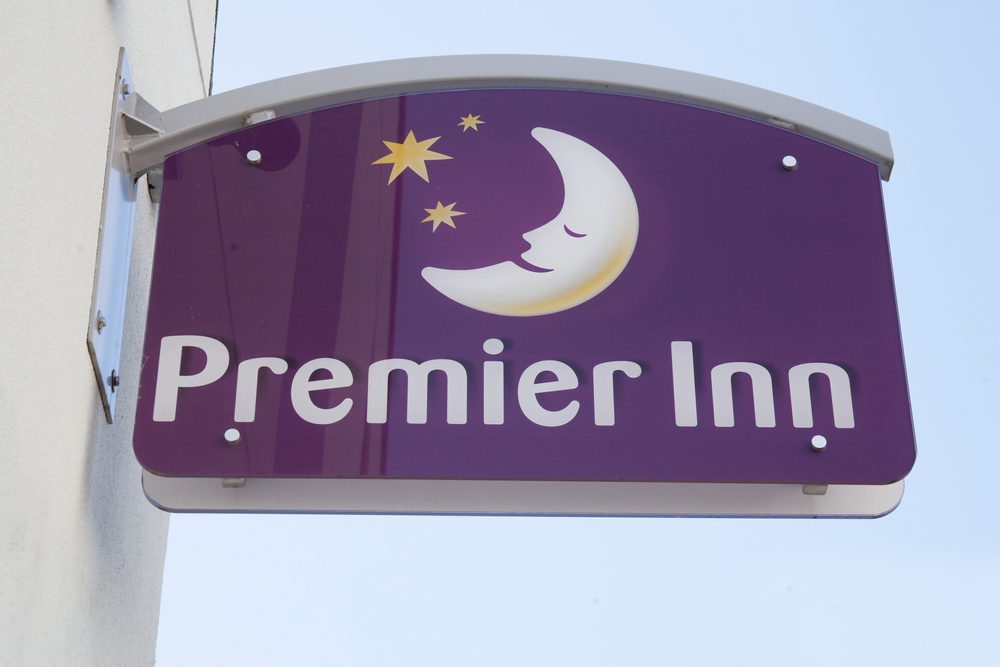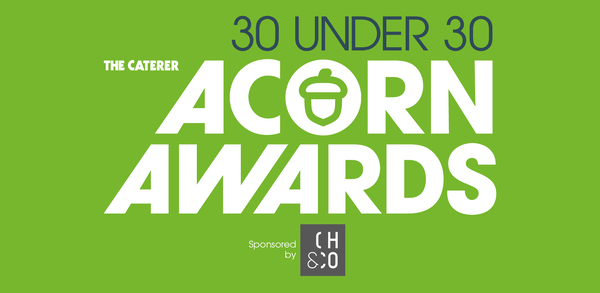Temporary kitchens: Everything you need to know
The reasons for needing temporary kitchens vary from nice to necessary. Unexpected peaks in business, on the one hand, or a fire-damaged kitchen, on the other, can mean you need to quickly relocate food preparation. How soon you need one can also vary from right now, in the case of an emergency, to the planned kitchen refurbishment six months away.
Suppliers of temporary kitchens will usually provide a service that begins with consultation over your kitchen needs and ends with 24-hour support. They will do their best to help you decide what you need, but it's better to have thought about your requirements and the likely effect on your operation before events force your hand.
What is a temporary kitchen?
Nearly all temporary kitchen facilities are contained in modular units, either portable cabin structures or standard freight containers. They come in a variety of sizes, and the supplier should have ensured they are fully compliant with building regulations and health and safety legislation.
Units can be fitted out with any of the storage, preparation, cooking and dishwashing facilities you'd expect to find in a fixed kitchen. You can hire stand-alone packages with everything you need in one unit or have kitchens customised to your requirements. Where more than one unit is used, covered walkways link them to shield staff against the elements. Units can also be connected to existing buildings.
Who needs a temporary kitchen? Temporary kitchens are used when:
- Fixed kitchens are put out of action unexpectedly, for example, by fire.
- Kitchen refurbishment is taking place.
- Extra kitchen space is needed.
- Catering at events.
How much do temporary kitchens cost? Most suppliers have a minimum rental period of three days. The rate per day works out far cheaper the longer you have the facilities in place. Where a kitchen refurb, for example, is expected to take a year or more, it may be tempting to purchase a temporary kitchen, but be certain it is cost-effective, as the equipment does not hold its value well for resale.
Where can you put a temporary kitchen? You must have enough level space to accommodate the number of units you need, and scaffolding may be needed when siting them on a slope. You need to determine whether the units can be physically lifted on to your site. Heavy goods vehicles and large cranes are often needed, so is access suitable for them? Transport and crane hire costs can add a lot to the final bill.
Power and services also have to be taken into consideration. Your kitchen needs access to water, electricity, gas and waste facilities. If these are not within easy reach, work will have to be done to connect the temporary facilities, or generators, water tanks and portable gas will need to be brought in. If your staff are used to cooking on gas, for example, an enforced switch to electricity could have training implications. Suppliers will assess most of these things in a site survey for you before hire.
Expect the unexpected If construction work has forced the move, there may be building dust to deal with, meaning extra cleaning and covering of food is required. The work may have moved the kitchen further from serving areas, so keeping food hot in transit may be an issue, perhaps forcing unsuitable items from the menu.
Temporary facilities are likely to be more cramped than your existing kitchen, so you should expect everything to take longer, especially at first.
Temporary kitchen check list
- Audit your kitchen equipment needs.
- Check that the supplier can supply the equipment you need - will it tailor kitchens to your requirements or does it supply only off-the-shelf packages?
- Will staff numbers and skills suffice? More staff may be needed to cope with changes in processing times, and staff skills may not be adequate for the equipment you hire.
- Can your menu remain unaffected? Some items may not be suited to your temporary facilities. If you need to make changes, tell your customers why.




















